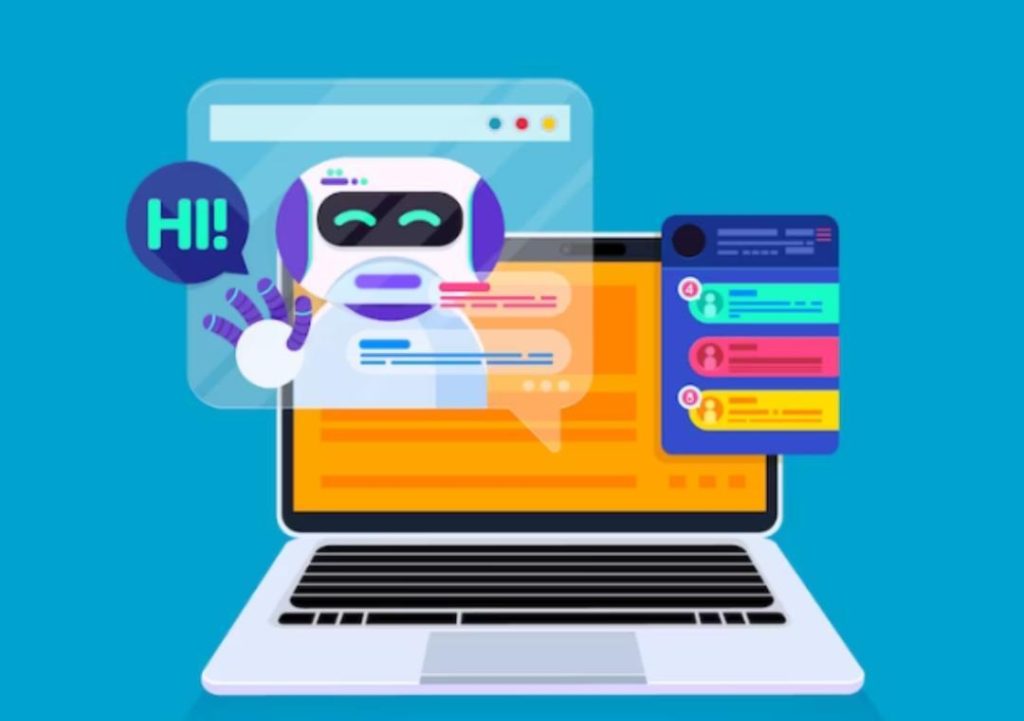
Virtual Assistants & Chatbots Power 24/7 eCommerce Support
The rise of e-commerce has revolutionized the way we shop, with online retailers offering products and services to customers around the world, 24 hours a day, 7 days a week. However, with this increased accessibility comes the challenge of providing seamless customer support, especially during non-traditional business hours. That’s where virtual assistants and chatbots come in – AI-driven tools that are transforming the customer support landscape in online retail.
The Evolution of Customer Support
Historically, customer support has been a labor-intensive, human-centric process. Customers would reach out to customer service teams through phone, email, or live chat, and representatives would respond with answers to their queries. While this approach has its limitations, it worked well enough for brick-and-mortar stores with fixed operating hours. However, with the shift to e-commerce, the need for 24/7 support became more pressing.
Enter virtual assistants and chatbots, which leverage artificial intelligence (AI), natural language processing (NLP), and sentiment analysis to provide instant support to customers. These AI-driven tools can handle a wide range of tasks, from answering frequently asked questions (FAQs) to guiding customers through returns and exchanges.
The Benefits of Chatbots
Chatbots offer numerous benefits to e-commerce businesses, including:
- Fast Response Times: Chatbots can respond to customer queries in a matter of seconds, providing instant gratification and reducing the likelihood of customers abandoning their shopping carts.
- Accurate Answers: Chatbots can be programmed to provide accurate, up-to-date information on products, services, and policies, reducing the need for human intervention and minimizing errors.
- Scalability: Chatbots can handle a high volume of conversations simultaneously, making them ideal for businesses with a large customer base.
- Cost Savings: Chatbots can reduce the workload of human customer support teams, freeing up staff to focus on more complex issues and higher-level support.
- Personalization: Chatbots can be programmed to recognize customer preferences and provide personalized recommendations, enhancing the overall shopping experience.
How Chatbots Work
Chatbots use NLP and machine learning algorithms to understand the context, tone, and urgency of customer queries. This enables them to respond accordingly, often in a way that feels human. Here’s a breakdown of the chatbot workflow:
- User Input: A customer initiates a conversation with a chatbot, either through a website, mobile app, or messaging platform.
- NLP Processing: The chatbot uses NLP to analyze the customer’s input, identifying key phrases, intent, and sentiment.
- Knowledge Retrieval: The chatbot searches its database or knowledge base to find relevant information and responses.
- Response Generation: The chatbot generates a response based on the customer’s input and the information retrieved.
- Sentiment Analysis: The chatbot uses sentiment analysis to understand the customer’s tone and adjust its response accordingly.
Real-World Examples of Chatbot Success
Several e-commerce companies have seen significant success with chatbots, including:
- Domino’s Pizza: Domino’s chatbot, “Dom,” allows customers to order pizzas and track their delivery status.
- Sephora: Sephora’s chatbot, “Sephora Assistant,” helps customers find products, track orders, and answer questions about beauty and skincare.
- Healthgrades: Healthgrades’ chatbot, “Healthgrades Bot,” assists customers in finding healthcare providers, answering medical questions, and booking appointments.
The Future of Chatbots in eCommerce
As AI technology continues to advance, we can expect chatbots to become even more sophisticated, enabling them to:
- Understand Nuances: Chatbots will be able to understand subtle nuances in customer language, such as sarcasm and idioms.
- Anticipate Needs: Chatbots will be able to predict customer needs and proactively offer solutions.
- Integrate with Human Support: Chatbots will seamlessly integrate with human customer support teams, allowing agents to focus on complex issues.
Conclusion
Virtual assistants and chatbots are revolutionizing customer support in e-commerce, providing fast, accurate, and personalized responses to customer queries. By leveraging AI, NLP, and sentiment analysis, chatbots can handle a wide range of tasks, from answering FAQs to guiding customers through returns. As chatbots continue to evolve, we can expect to see even more innovative applications in the future.
News Source:






